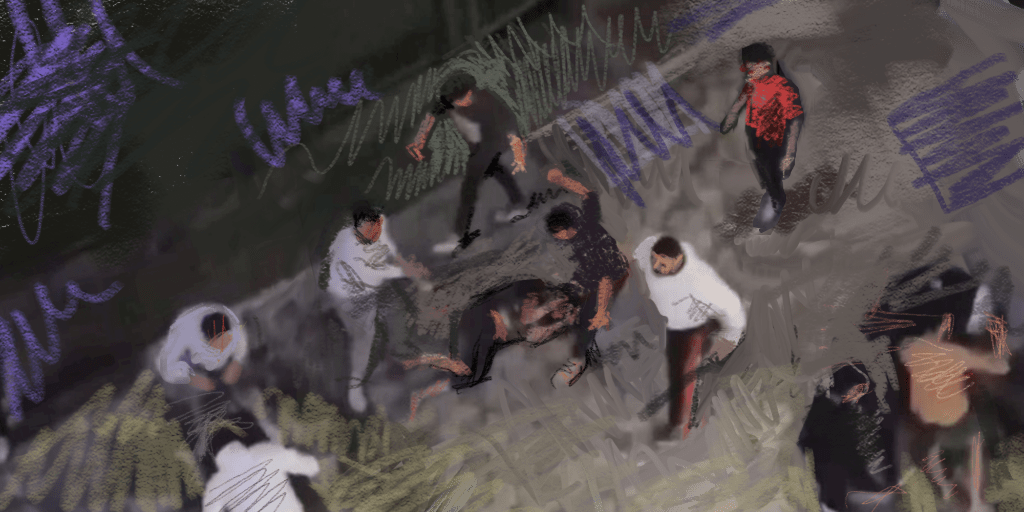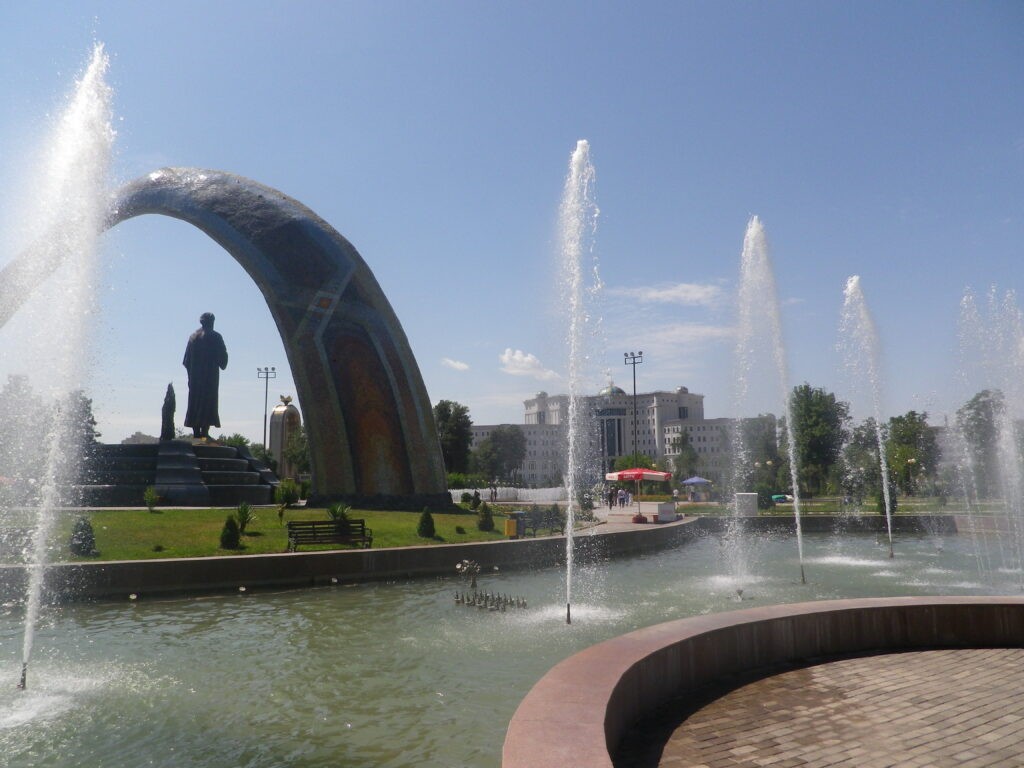The trial of Kuandyk Bishimbayev, a former Minister of the Economy of Kazakhstan, was a watershed event representing the growing role of civil society in the country, as well as the new political leadership’s success in breaking a decades-old cycle sustained by corrupt elites. In spearheading reforms to align his country with international best practices, President Kassym-Jomart Tokayev has also answered people’s demands. But public worries that Bishimbayev, sentenced to 24 years in prison for killing his wife, may be pardoned as soon as Tokayev leaves office shows how fragile the country’s institutional development remains and how its progress may still be on a ticking clock. Kazakh politician Kuandyk Bishimbayev was convicted of murdering his common-law wife, Saltanat Nukenova, during an altercation between the couple in November 2023 at an Astana restaurant. Throughout the course of his trial, which started in March 2024, it became apparent that the violence caught on a CCTV camera was not a one-off incident, but the latest in a string of abuse. The video, also seen by the jury, includes scenes of a man grabbing a woman by the hair, kicking her, and hitting her in the face. Nukenova is said to have subsequently died from brain trauma. Several factors drew international attention to the case, including the high-profile names involved, broadcasted court proceedings, wide social media engagement, and the commentaries from human rights figures and opinion leaders. The ultimate verdict handed down to Bishimbayev, 24 years imprisonment in a maximum-security institution, is in many ways unprecedented in post-Soviet states, and became a harbinger of changes in both Kazakhstan’s justice system and society. Bishimbayev’s cousin and the director of the restaurant where Nukenova was killed, Bakhytzhan Baizhanov, was also sentenced to four years in prison. How a tragedy precipitated positive change Saltanat Nukenova’s death, and the events following it, helped bring about new laws and perhaps even opened the way for further reforms. Just as importantly, they also increased legal literacy among Kazakhstan’s civil society. The government’s response, for its part, has garnered international praise. Critically, the public tragedy expedited the implementation of positive steps that President Tokayev had previously wanted to take. Contrary to popular belief, Nukenova’s murder was not the basis of the initiative to re-criminalize domestic violence. This change had already been proposed by Tokayev in 2019, but was opposed by legislators, some of whom reportedly had themselves been previously associated with cases of domestic violence or abuse. The events surrounding Nukenova’s death provided the government with an opportunity to overcome domestic opposition and take steps to correct the country’s course on violence against women and children. On April 15, 2024, Tokayev signed a landmark law criminalizing violence against women and children, reversing a 2017 decriminalization. The need for full-fledged judicial reforms has been advocated for by several international non-governmental organizations (NGOs) and public associations, as well as institutions in the United States and Europe. This is not surprising given that the country’s existing judicial system was largely formed under its first...
2 days ago








